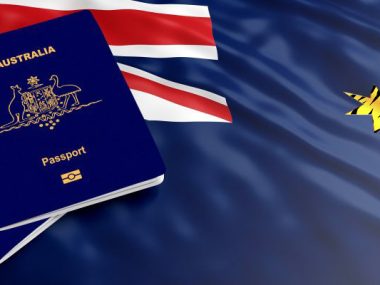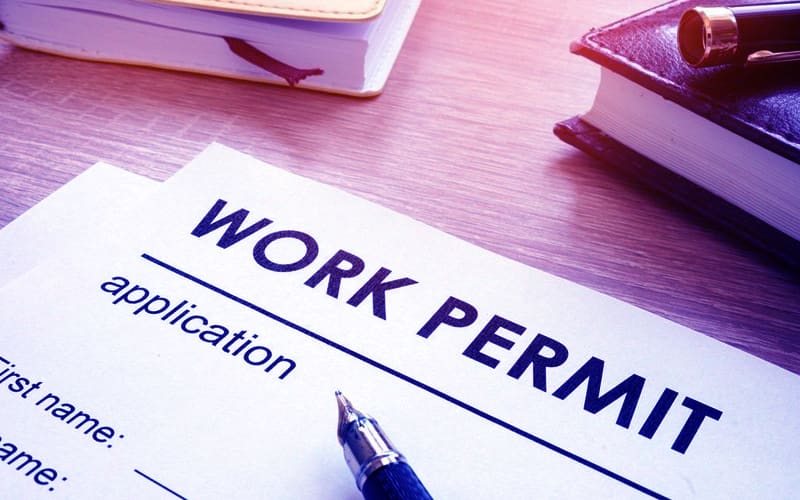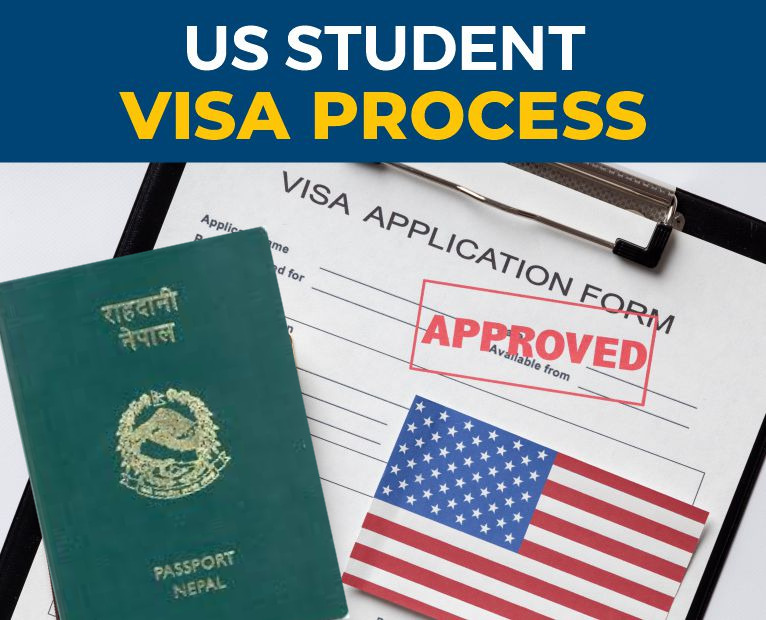Moving to the UK is an exciting opportunity, whether you’re seeking employment, furthering your education, or reuniting with family. However, before making the move, it’s essential to familiarize yourself with the UK immigration rules to ensure a smooth transition.
The UK has a structured immigration system with various visa categories depending on your reason for moving. From Skilled Worker Visas to Student Visas and Family Visas, navigating these options correctly will help you avoid delays or complications.
This comprehensive guide will outline the key visa options, eligibility criteria, and considerations to help you prepare for your move to the UK.
Understanding UK Visa Categories
Your first step is identifying the right visa for your circumstances. The most common types include:
1. Skilled Worker Visa
The Skilled Worker Visa is ideal if you’ve been offered a job in the UK. You’ll need to meet specific requirements, such as a job offer from a UK employer with a sponsor license and meeting the salary threshold.
– Eligibility: A job offer from a UK sponsor, minimum salary of £26,200 or the “going rate” for the industry.
– Duration: Up to 5 years, with the possibility of extending.
– Path to Settlement: After 5 years, you can apply for Indefinite Leave to Remain (ILR), allowing you to live permanently in the UK.
2. Student Visa
The UK is home to world-renowned universities, attracting students globally. To study here, you will need a Student Visa.
– Eligibility: Confirmation of Acceptance for Studies (CAS) from a licensed UK educational institution, proof of English proficiency, and financial means to support your stay.
– Duration: Visa duration covers your course length plus some additional time before and after.
– Post-Study Options: Graduates can apply for a Graduate Visa and stay for 2 years (3 years for PhD holders) to work in the UK.
3. Family Visa
The Family Visa is ideal for those joining family members in the UK, whether they are UK citizens or residents.
– Eligibility: Proof of relationship and meeting financial requirements.
– Duration: Typically granted for 2.5 years with options to extend.
– Path to Settlement: After 5 years, applicants can apply for ILR.
Key Eligibility Criteria
To successfully apply for a UK visa, there are several common requirements across visa types:
a. English Language Proficiency
Most visas require evidence of your ability to speak, read, write, and understand English. This can be proven through an approved test or an English-taught qualification.
b. Financial Requirements
You must demonstrate financial stability, showing enough savings or income to support yourself or your family during your stay. Family visas often require your sponsor to meet financial thresholds as well.
c. Job or Study Offer
For work and student visas, you must present a valid job offer or proof of enrollment from a licensed UK institution. This is usually supported by a Certificate of Sponsorship (CoS) or Confirmation of Acceptance for Studies (CAS).
d. Health and Character Requirements
Some visa applicants may need to pass a tuberculosis test and provide criminal record certificates for certain visa types.
Immigration Health Surcharge (IHS)
Most UK visas require applicants to pay the Immigration Health Surcharge (IHS), which grants access to the UK’s National Health Service (NHS). The current fee is £624 per year for adults and £470 for children.
Pathways to Permanent Residency
A long-term goal for many moving to the UK is obtaining **Indefinite Leave to Remain (ILR)**, which grants permanent residency. Here’s how you can achieve it:
– Work Visa Holders: After 5 years of continuous residency on a Skilled Worker Visa, you may qualify for ILR.
– Family Visa Holders: After 5 years in the UK on a family visa, you may be eligible to apply for ILR.
– Student Visa Holders: While a student visa doesn’t directly lead to ILR, switching to a Skilled Worker Visa after graduation can set you on the path to permanent residency.
After gaining ILR and living in the UK for an additional year, you can apply for **British citizenship**.
Common Mistakes to Avoid
Navigating UK immigration rules can be tricky, and small errors can cause significant delays. Here are some pitfalls to avoid:
– Missing Documentation: Always ensure you have the correct documents, such as proof of identity, job offers, or study confirmation.
– Incorrect Visa Type: Make sure you apply for the right visa based on your specific circumstances.
– Financial Miscalculations: Double-check that you meet the financial requirements for your visa type.
– Late Applications: Start your application process early to avoid last-minute stress.
Conclusion
Moving to the UK is a life-changing decision that requires careful planning and adherence to the UK immigration rules. Whether you’re applying for a work, study, or family visa, understanding the key eligibility criteria and preparing the required documents will help you navigate the process smoothly.
With the right visa, you can unlock a world of opportunities in the UK, from advancing your career to gaining world-class education or reuniting with loved ones. Understanding the immigration rules is the first step to a successful move.
Sure Opportunities:
- [HIRING NOW] Fruits Farm Jobs In Canada🇨🇦+Visa Sponsorship – No Experience...
- [URGENT HIRING! 🇬🇧] Care Assistant Jobs with Visa Sponsorship – APPLY NOW
- These Canadian Companies Will Offer You Jobs + Visa Sponsorships – LINKS HERE
- UK Tier 2 Visa Sponsored Jobs Available For Foreign Workers | Quick Hiring
- If You Want To Relocate To Canada🇨🇦, Get Any Of These Jobs Now – APPLY HERE
- Move To Australia🇦🇺: Visa Sponsored Jobs Available HERE – Apply Now
- DON’T MISS! 21+ Fully-Funded Scholarships In UK Available For You Now
- [JOBS IN UK🇬🇧] Warehouse Jobs Available With Visa Sponsorship – Interested?
- Study In The UK For FREE? 21+ Fully-Funded Scholarships Available For You





